 Lon Warneke
Lon Warneke
Entry Type: Person - Starting with W
 Lon Warneke
Lon Warneke
Warner, Julia McAlmont
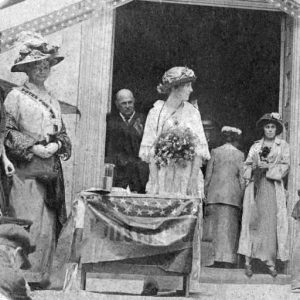 Julia McAlmont Warner
Julia McAlmont Warner
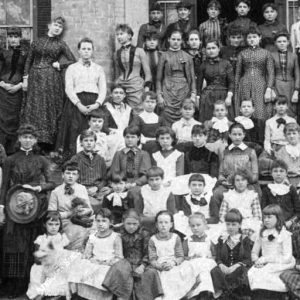 Julia McAlmont Warner in College
Julia McAlmont Warner in College
Warner, Myra Cordelia McAlmont
Warren, Edward Allen
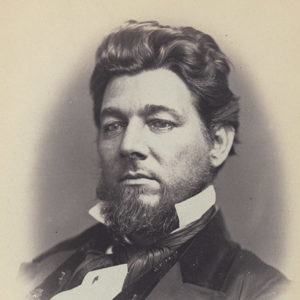 E. A. Warren
E. A. Warren
Warren, Joyce Elise Williams
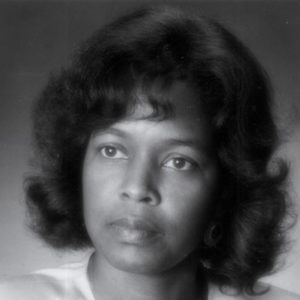 Joyce Warren
Joyce Warren
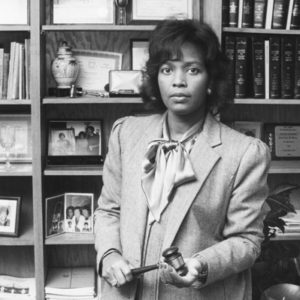 Joyce Warren
Joyce Warren
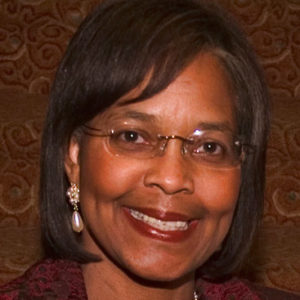 Joyce Warren
Joyce Warren
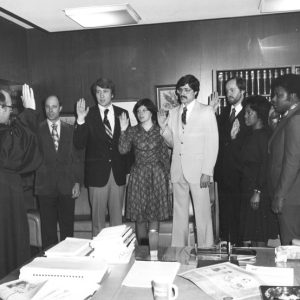 Joyce Warren; Law Clerk
Joyce Warren; Law Clerk
Warren, Nathan
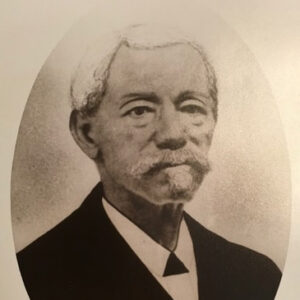 Nathan Warren
Nathan Warren
Warrick, Michael
Washbourne, Edward Payson
 Edward Payson Washbourne
Edward Payson Washbourne
Washburn, Alexander Henry
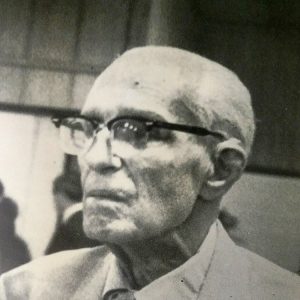 Alexander Washburn
Alexander Washburn
Washburn, Cephas
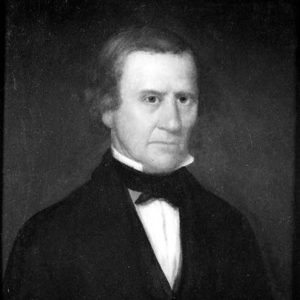 Cephas Washburn
Cephas Washburn
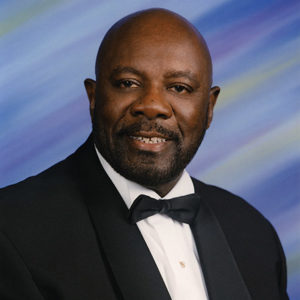 A. D. Washington
A. D. Washington
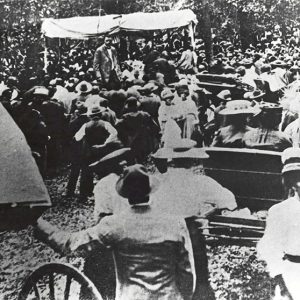 Booker T. Washington
Booker T. Washington
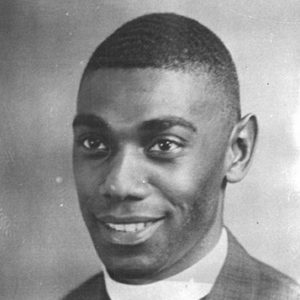 Rev. Emery Washington
Rev. Emery Washington
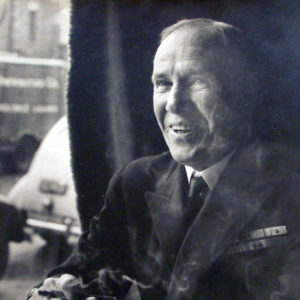 Corydon Wassell
Corydon Wassell
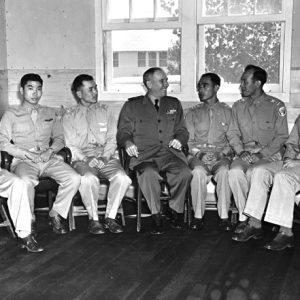 Corydon Wassell
Corydon Wassell
Wassell, Corydon McAlmont
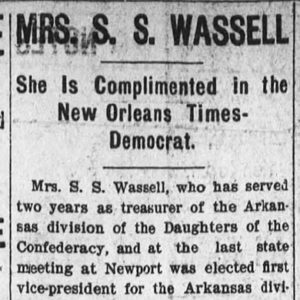 Article about Elizabeth Wassell
Article about Elizabeth Wassell
Wassell, Elizabeth McConaughey (Bettie)
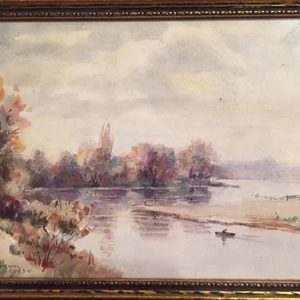 Watercolor
Watercolor
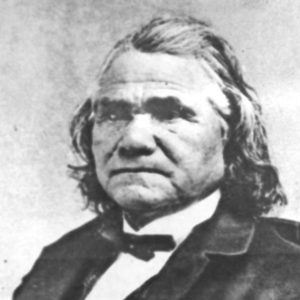 Stand Watie
Stand Watie
Watie, Stand
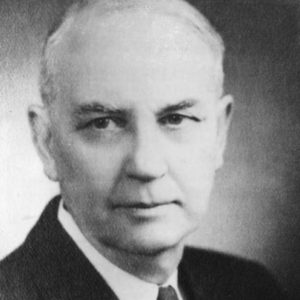 Charles Watkins
Charles Watkins
Watkins, Charles Lee
Watkins, Claibourne
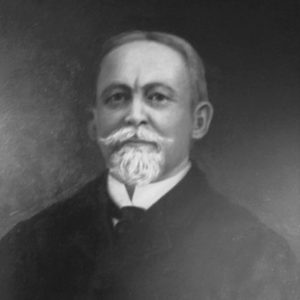 Claibourne Watkins
Claibourne Watkins
Watkins, George Claibourne
Watkins, Gertrude
Watkins, Travis Earl
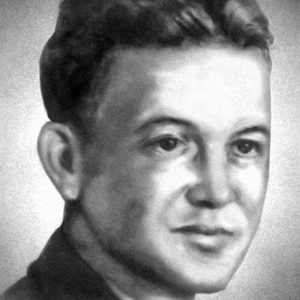 Travis Watkins
Travis Watkins
Watson, Edomae Boone
Watson, Hattie Rutherford
aka: Harriet Louise Gertrude Rutherford Watson
Watson, Jack Hearn, Jr.
Watson, John Brown
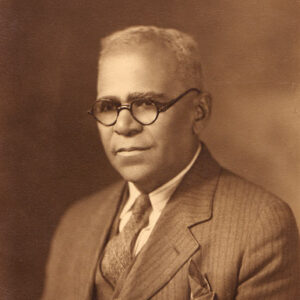 John Brown Watson
John Brown Watson
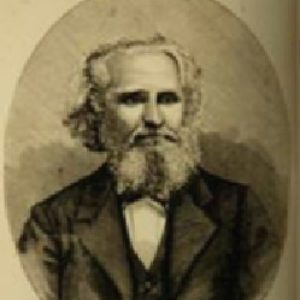 Patrick S. G. Watson
Patrick S. G. Watson
Watson, Patrick Samuel Gideon
Watson, Tom
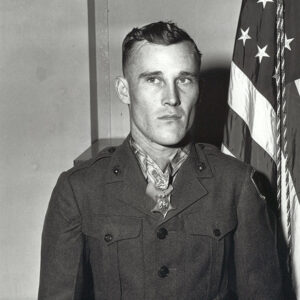 Wilson D. Watson
Wilson D. Watson




